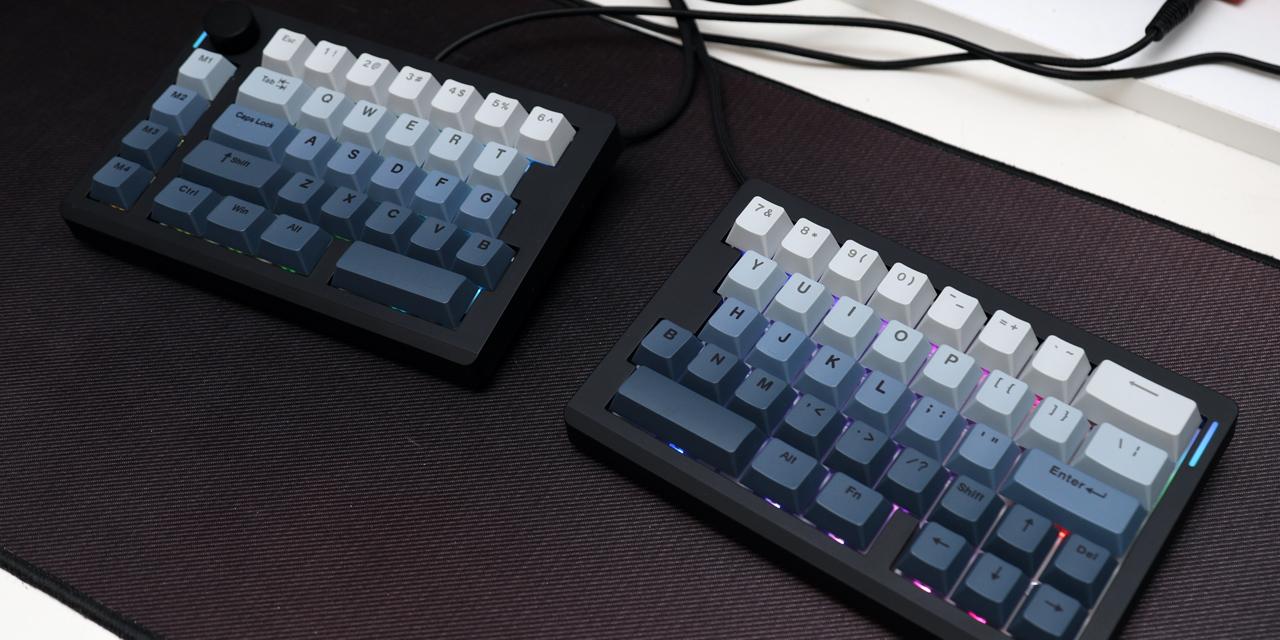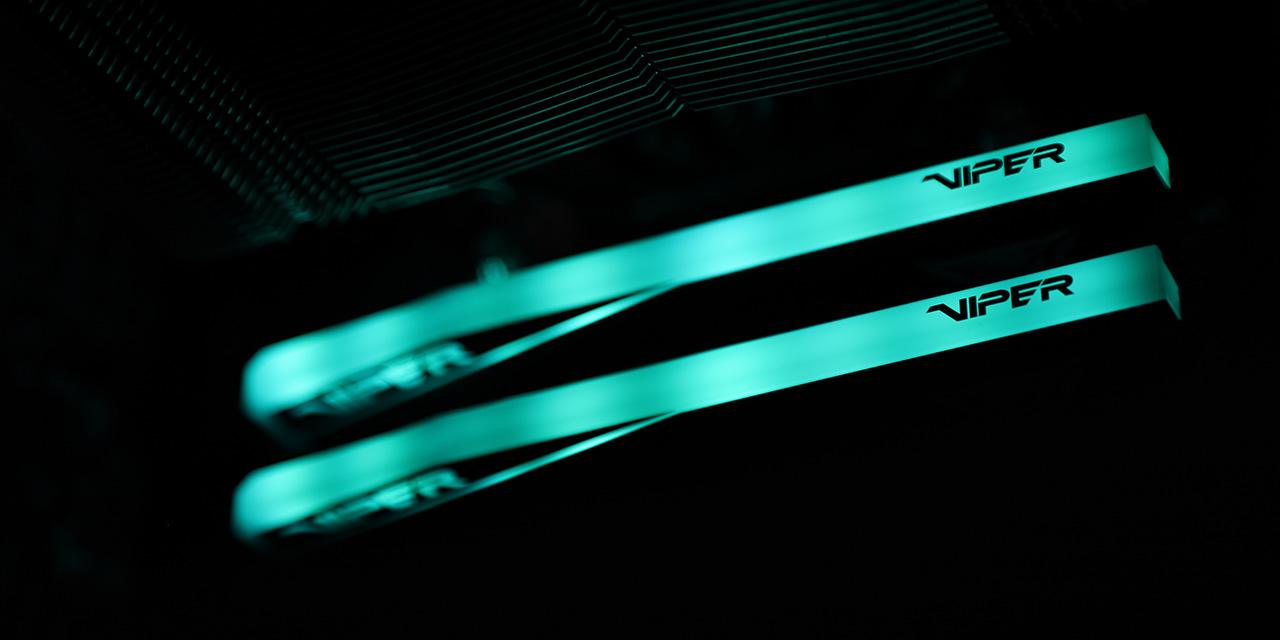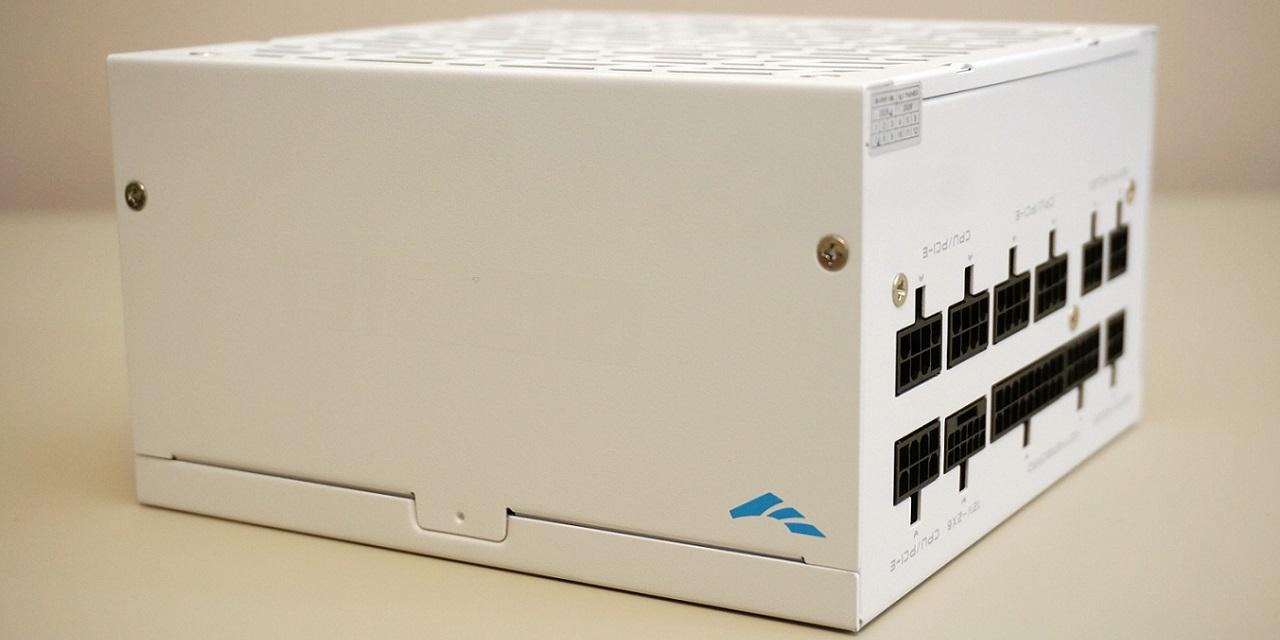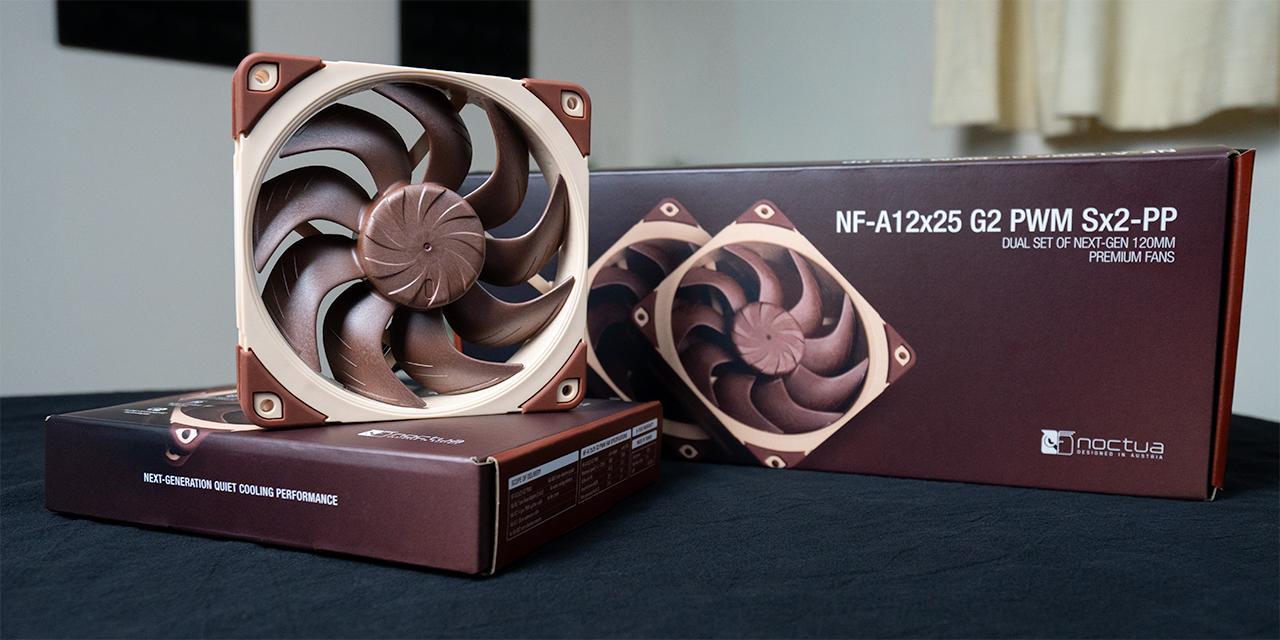From X-bit Labs: Micron Technology, one of the world's leading makers of computer memory, on Monday announced the development of a fundamentally new computing architecture capable of performing high-speed, comprehensive search and analysis of complex, unstructured data streams. Micron's Automata Processor (AP) is an accelerator that leverages the intrinsic parallelism of memory and aims to dramatically advance computing capabilities many areas.
"Micron has an intense focus on the development of innovative and advanced silicon solutions that help our customers solve their most challenging computing problems. This announcement is a huge step forward for Micron and has the potential to unleash unprecedented levels of computing power," said Brian Shirley, vice president of Micron's DRAM solutions group.
Automata processing exploits the natural parallelism found in Micron's semiconductor devices to deliver a level of parallelism previously unattainable with legacy architectures. Unlike conventional CPUs, the AP is a computing fabric comprised of tens of thousands to millions of processing elements interconnected to create a task-specific processing engine capable of solving problems with unprecedented performance. Micron’s AP may advance computing capabilities in areas such as bioinformatics, video/image analytics, and network security which pose challenges for conventional processor architectures because of the amount of complex, unstructured data.
"The Automata Processor is a breakthrough technology that is designed to use advanced memory-based processing to solve complex computing challenges that existing solutions are not able to tackle effectively. This technology has the potential to solve some of the world's most complicated data-intensive challenges, including real-time security that could dramatically affect anti-terrorism efforts, or the highly efficient analysis of complex plant genomes that could allow scientists to rapidly advance their research agendas beyond what is possible today," said Chirag Dekate, IDC research manager of HPC.
View: Article @ Source Site





